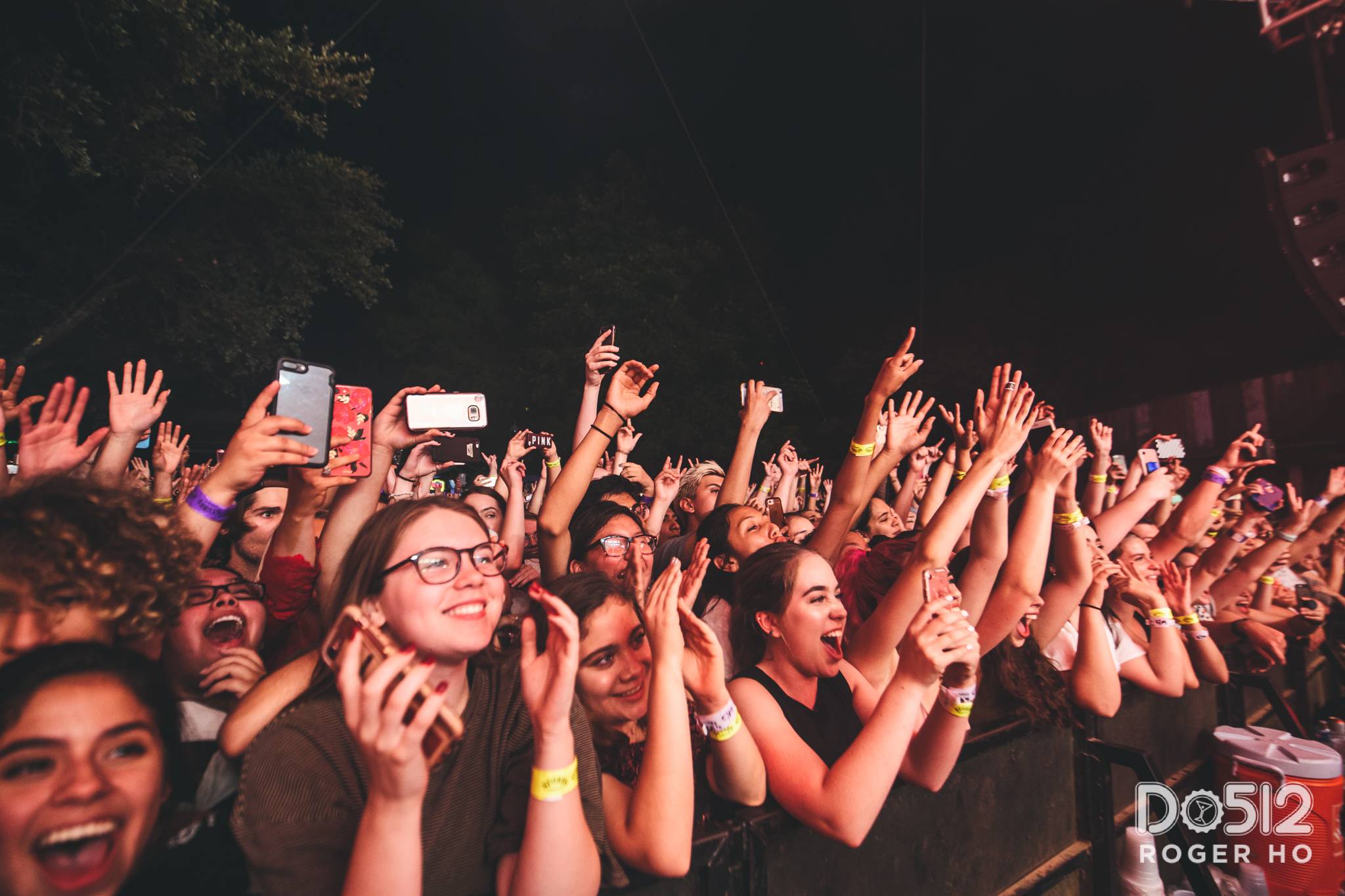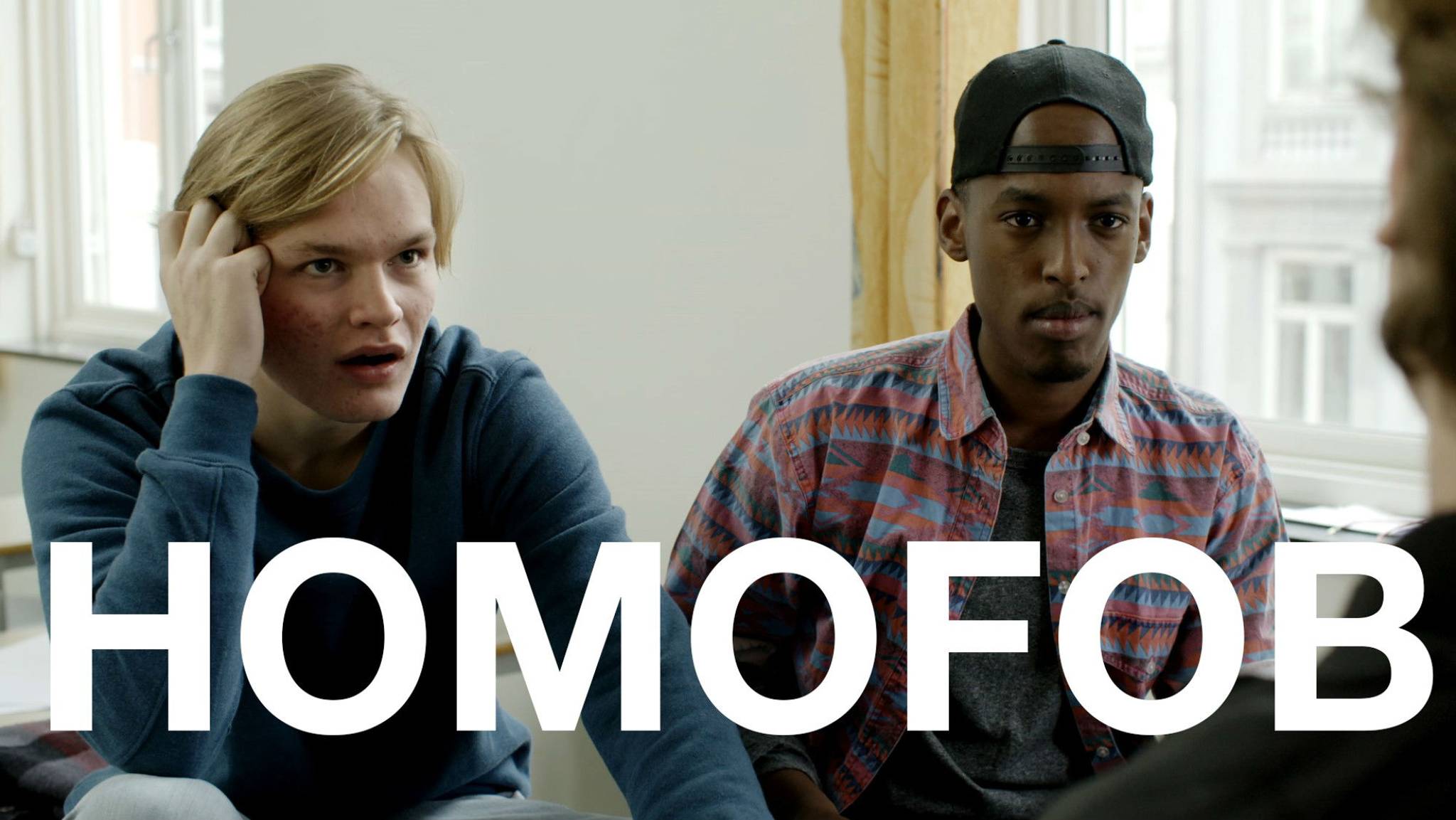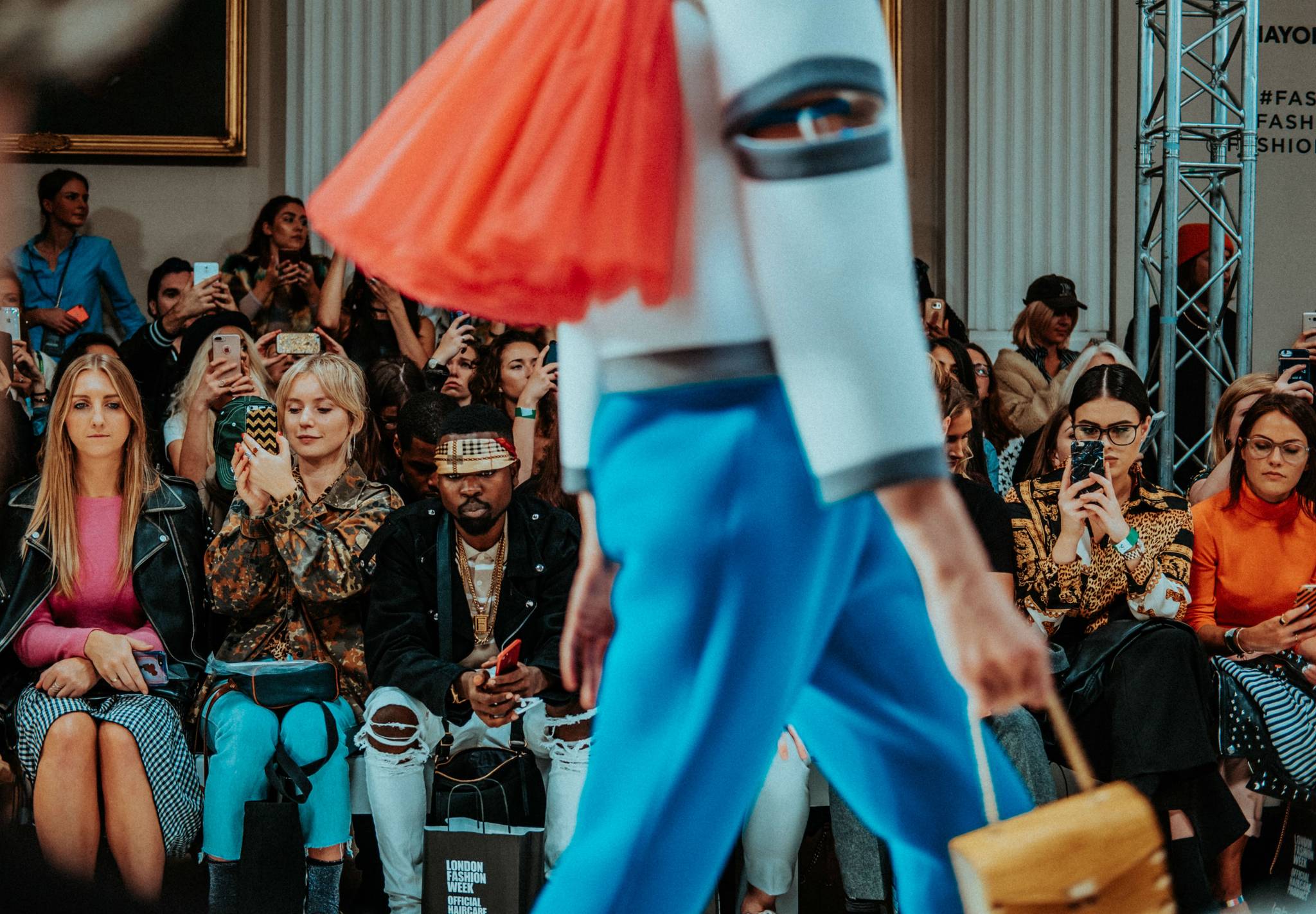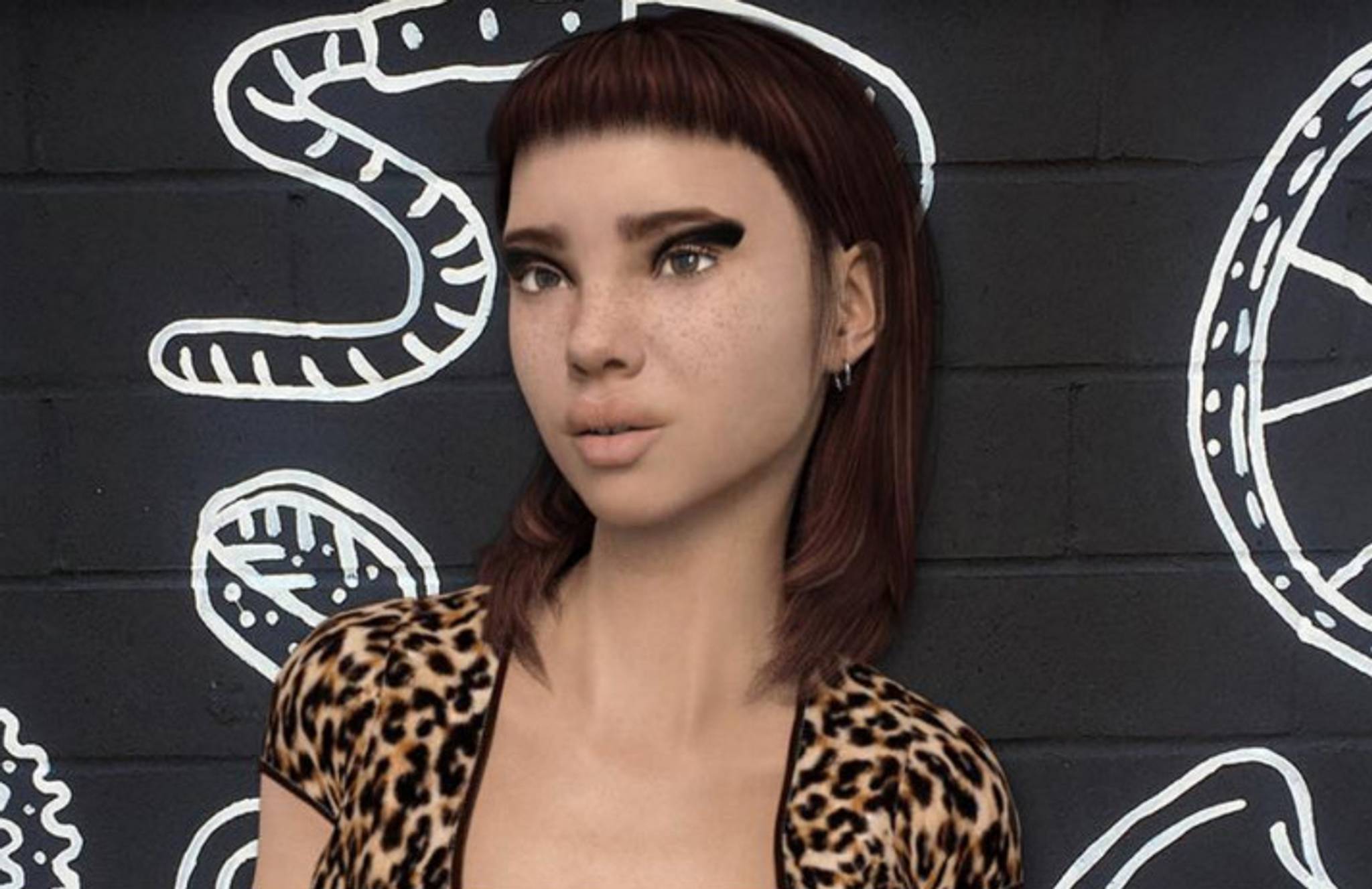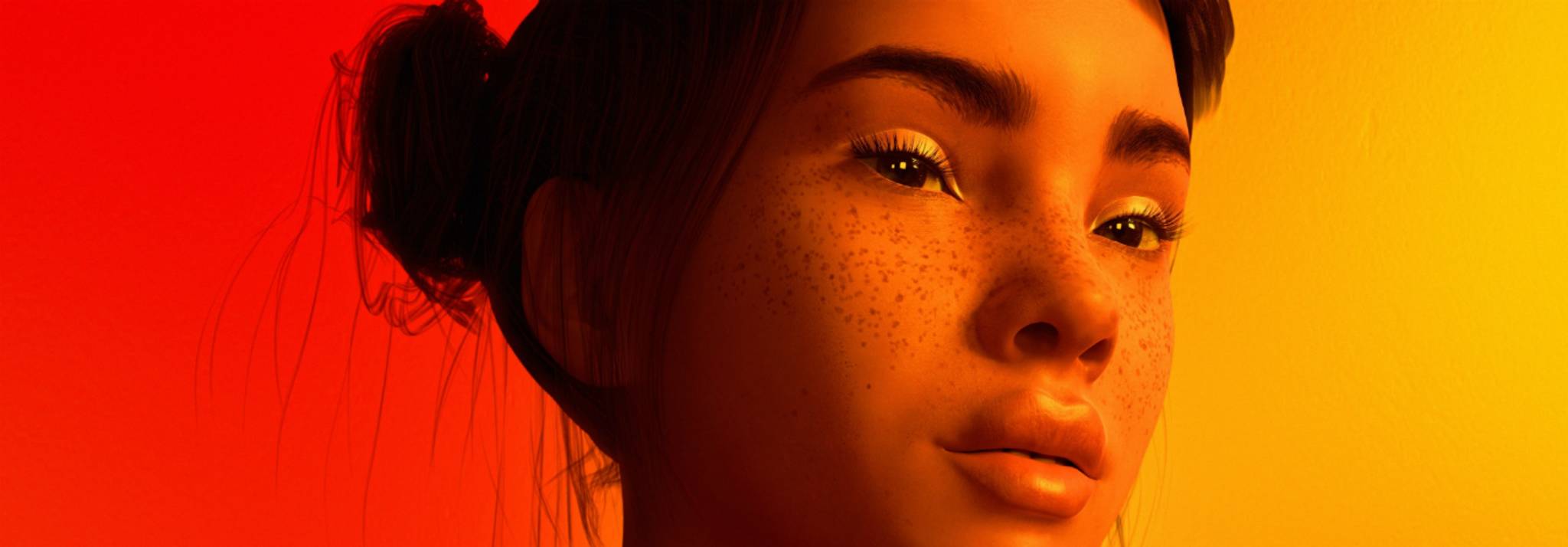
When Miquela Sousa – a.k.a. @lilmiquela – surfaced online in 2016, people were quickly seduced by a sim whose Instagram-ready appearance and ‘woke’ outlook set her at the heart of a contemporary Uncanny Valley. Fast-forward to 2018, and she’s been hacked by an alt-right CG Instagrammer, coming out as a robot created by real-life Silicon Valley start-up Brud, which has received millions in investment off the back of this internet-based soap opera. We explore the insights behind the PR stunt, and explain how it’s emblematic of a new era of storytelling that befits a media landscape that’s entwined with social platforms.
A ‘real-life Sim’, an augmented reality cyborg, or a graphic designer’s social media experiment – LilMiquela’s uncanny, near-convincing selfies have seen users leaving comments like ‘but are you real though?’ and ‘what are you?’ for years. Since her emergence in 2016, she’s launched a music career, modelled for brands including Kenzo and Proenza Schouler, appeared on the cover of Highsnobiety, and – perhaps most preposterously – been hacked by an alt-right CG troll named Bermuda.
The latest chapter in LilMiquela’s story saw Bermuda – going by the handle @bermudaisbae – take over the virtual influencer’s account, demanding that she tell the world ‘the truth’ about herself. There are plenty of reasons for these uncanny entities to be opposed – including, but not limited to, their profoundly opposed political beliefs – but the bizarre interaction, carried out over a number of days, culminated with an ‘emotional’ confession from LilMiquela, in which she expresses: “I am not a human being.” She then goes on to speak out against her creators at real-world Silicon Valley company Brud, and how they deceived her into thinking she was human. Brud has since gained thousands of Instagram followers and rumours suggest it’s raised millions in funding from Sequoia Capital.
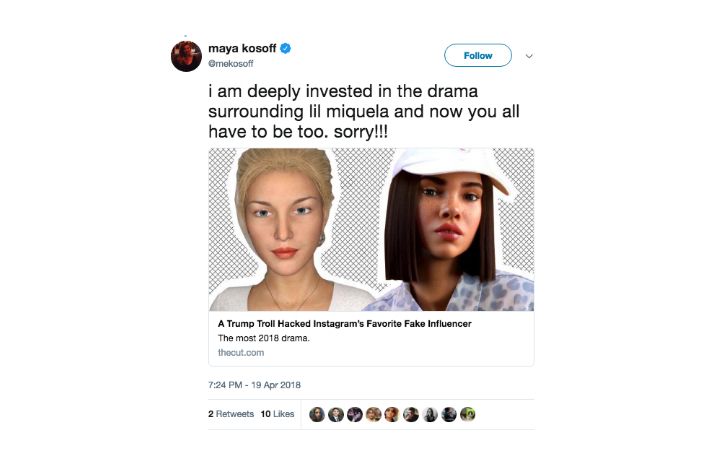
LilMiquela ultimately proved to be an elaborate – and extremely smart – PR stunt. And her success is telling of the way people watch, listen to and read stories in the digital age. Bolstered by the constant flow of content provided by the Stories functions on social platforms and augmented by the fact that social channels now play an active role in how people consume media – 72% of TV superfans say they play a role in their viewing habits – people are increasingly accustomed to non-linear and cross-platform storytelling.
While some of these stories are framed as TV shows – Swedish teen drama Skam similarly incorporates social feeds into its storyline – the drama that unfolded around LilMiquela wasn’t framed at all. Instead, the narrative that’s been spun around her has given bemused but curious social media users the agency to peruse comments, build opinions and shape what happens next in the story over a matter of years. And though the finale may have left the audience wanting more – a climax not dissimilar to a TV show that falls victim to poor writing by its last season – the benefactor is a Silicon Valley company that’s proven that it understands how to encourage humans to interact with AI in a public space.
Lore Oxford is a behavioural strategist at Canvas8, which specialises in behavioural insights and consumer research. She previously ran her own science and technology publication and was a columnist for Dazed and Confused. When she’s not busy analysing human behaviour, she can be found defending anything from selfie culture to the Kardashians from contemporary culture snobs.
